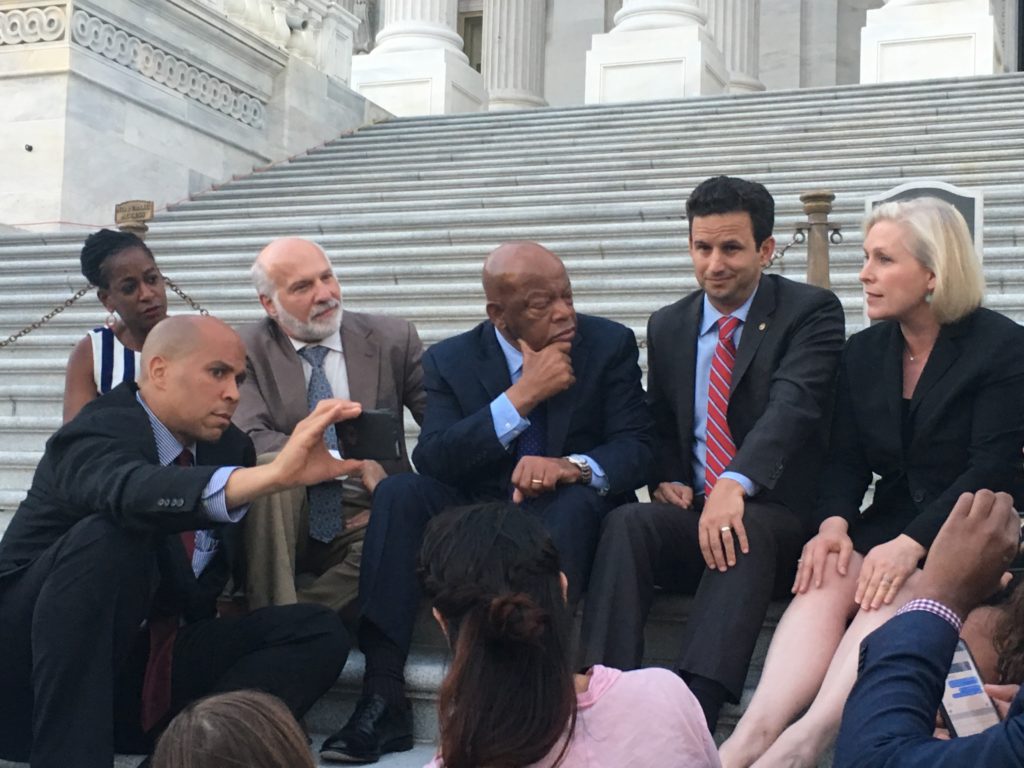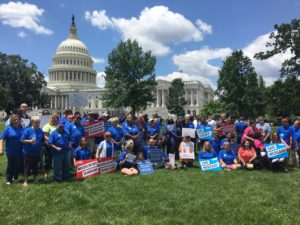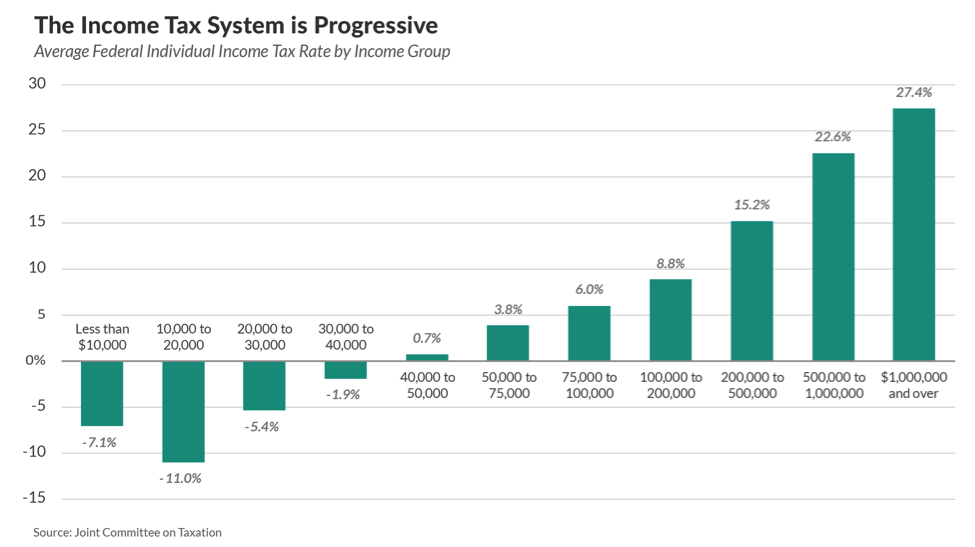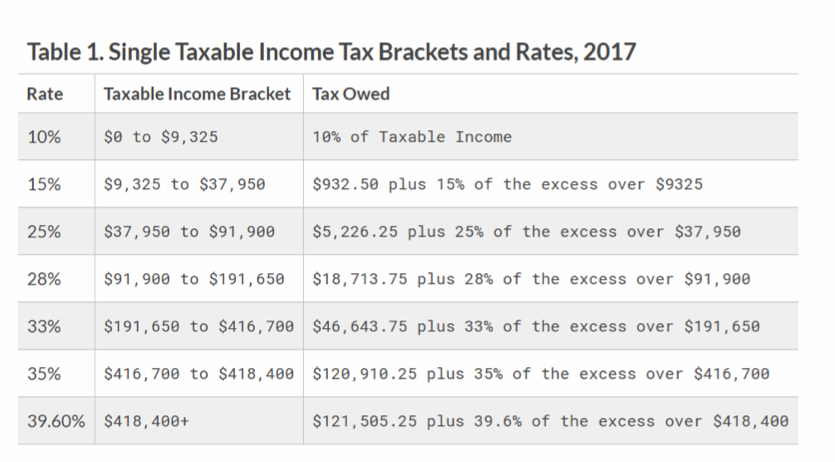Washington, DC –Today, The Arc and the Georgetown Center on Poverty and Inequality are releasing a first of its kind paper outlining why paid family and medical leave is a necessity for the economic security and stability of people with disabilities and their families.
The need for paid family and medical leave is universal. Nearly all of us will need paid leave at some point – to care for a family member’s or our own serious medical condition, or to welcome a new child into a family. Missing from the national conversation is the disability angle. One in five Americans live with a disability. Yet the reality is, in the U.S. workforce, only 1 in 7 workers has access to paid family leave to care for a family member with a serious health condition. Roughly 2 in 5 workers report they lack access to any paid leave.
“Millions of workers in our economy either have a disability, or have a family member with a disability. Yet largely under the radar has been the disability community – too many people are being forced to choose between a paycheck and their own health or a family member’s health. This paper aims to elevate the disability angle on paid leave, a national issue with growing momentum,” said co-author TJ Sutcliffe, Director, Income and Housing Policy, The Arc.
“If policymakers are serious about improving employment outcomes of people with disabilities, they should work to establish a comprehensive and inclusive paid family and medical leave program,” said co-author Kali Grant of the Georgetown Center on Poverty and Inequality. “We know paid leave has wide-reaching benefits, and that’s particularly true for people with disabilities and their families.”
Many people in the U.S. struggle to get by and pay for basics. That’s particularly true for people with disabilities and their families, who are more likely to live in poverty, have limited savings to fall back on, and face added disability-related expenses and barriers to work.
The paper found that households with one or more members with a disability have an average household income that is only about two-thirds that of households where no one has a disability. As highlighted in the paper, according to the National Disability Institute, 31% of people with disabilities say it is “very difficult” to cover their monthly expenses, compared to 15% of people without disabilities. And 4 in 5 people with disabilities lack any sort of rainy day fund.
Workers with disabilities are particularly likely to be in part-time, low-wage jobs that often don’t offer even basic benefits – much less paid family and medical leave. Over 2 in 3 part-time workers don’t have even one sick day. Workers with disabilities are twice as likely as workers without disabilities to be part-time.
“By offering job-protection, continuing health coverage, and temporary replacement income, comprehensive paid leave has the potential to ensure financial stability for the millions of working families with a member with a disability,” said Grant.
To fully address the needs of all Americans, including people with disabilities and their families, the paper recommends that a national paid leave approach should, among other things, be accessible to all working people and reflect a modern definition of family, cover all the major reasons that people need to take leave (one’s own health, a family member’s health, a new child), replace sufficient wages so that people can make ends meet, be for long enough to promote positive outcomes, ensure that people can keep their jobs and health insurance, and include education and outreach that is fully accessible to people with disabilities.
“Knowing that your job will be there for you if you take paid leave is a must for nearly all of us. And disability knows no geographical, socio-economic, or political boundaries. Other countries have done better, and American workers, including people with disabilities and their families, desperately need better,” said Sutcliffe.
Hear one family’s story about paid leave, and meet others who have personal experience with paid leave.
The Arc advocates for and serves people with intellectual and developmental disabilities (IDD), including Down syndrome, autism, Fetal Alcohol Spectrum Disorders, cerebral palsy and other diagnoses. The Arc has a network of over 650 chapters across the country promoting and protecting the human rights of people with IDD and actively supporting their full inclusion and participation in the community throughout their lifetimes and without regard to diagnosis.
Editor’s Note: The Arc is not an acronym; always refer to us as The Arc, not The ARC and never ARC. The Arc should be considered as a title or a phrase.
The Georgetown Center on Poverty and Inequality (GCPI) works with policymakers, researchers, practitioners, and advocates to develop effective policies and practices that alleviate poverty and inequality in the United States. Further information about GCPI and their Economic Security and Opportunity Initiative (ESOI) is available at www.georgetownpoverty.org.


 During the past six months, most of my professional life has been consumed by the fight to save Medicaid. Today I was honored to speak as a sibling and professional at a Capitol Hill event celebrating the 52nd anniversary of Medicaid and Medicare, to highlight why we must continue our fight to SAVE MEDICAID.
During the past six months, most of my professional life has been consumed by the fight to save Medicaid. Today I was honored to speak as a sibling and professional at a Capitol Hill event celebrating the 52nd anniversary of Medicaid and Medicare, to highlight why we must continue our fight to SAVE MEDICAID. We know the numbers – between 22-32 million will lose coverage, millions will lose Medicaid and anywhere from $202 billion (in the “skinny repeal”) to $836 billion (in the House bill) in cuts to federal Medicaid spending. But those numbers represent people, they represent Chris, they represent the 43 heroes from National ADAPT that were arrested last month after staging a die in at Senator McConnell’s office.
We know the numbers – between 22-32 million will lose coverage, millions will lose Medicaid and anywhere from $202 billion (in the “skinny repeal”) to $836 billion (in the House bill) in cuts to federal Medicaid spending. But those numbers represent people, they represent Chris, they represent the 43 heroes from National ADAPT that were arrested last month after staging a die in at Senator McConnell’s office. Families like mine started The Arc over 65 years ago to get people OUT of Institutions and included in their communities, and now those antiquated and segregating services may be the only thing left. This is because institutions and nursing homes remain mandatory services, while home and community based services are optional, and will therefore be the first cut when the devastating federal cuts to Medicaid come to the states. We cannot let that happen, we must SAVE MEDICAID. People’s lives literally depend on it. Chris’ does.
Families like mine started The Arc over 65 years ago to get people OUT of Institutions and included in their communities, and now those antiquated and segregating services may be the only thing left. This is because institutions and nursing homes remain mandatory services, while home and community based services are optional, and will therefore be the first cut when the devastating federal cuts to Medicaid come to the states. We cannot let that happen, we must SAVE MEDICAID. People’s lives literally depend on it. Chris’ does.







 One of the reasons for this drop is changes in how corporations are operating and being taxed. An increasing number of corporations’ profits are subject to no taxation (foreign profits that stay abroad) or different taxes (income tax in the case of
One of the reasons for this drop is changes in how corporations are operating and being taxed. An increasing number of corporations’ profits are subject to no taxation (foreign profits that stay abroad) or different taxes (income tax in the case of 






